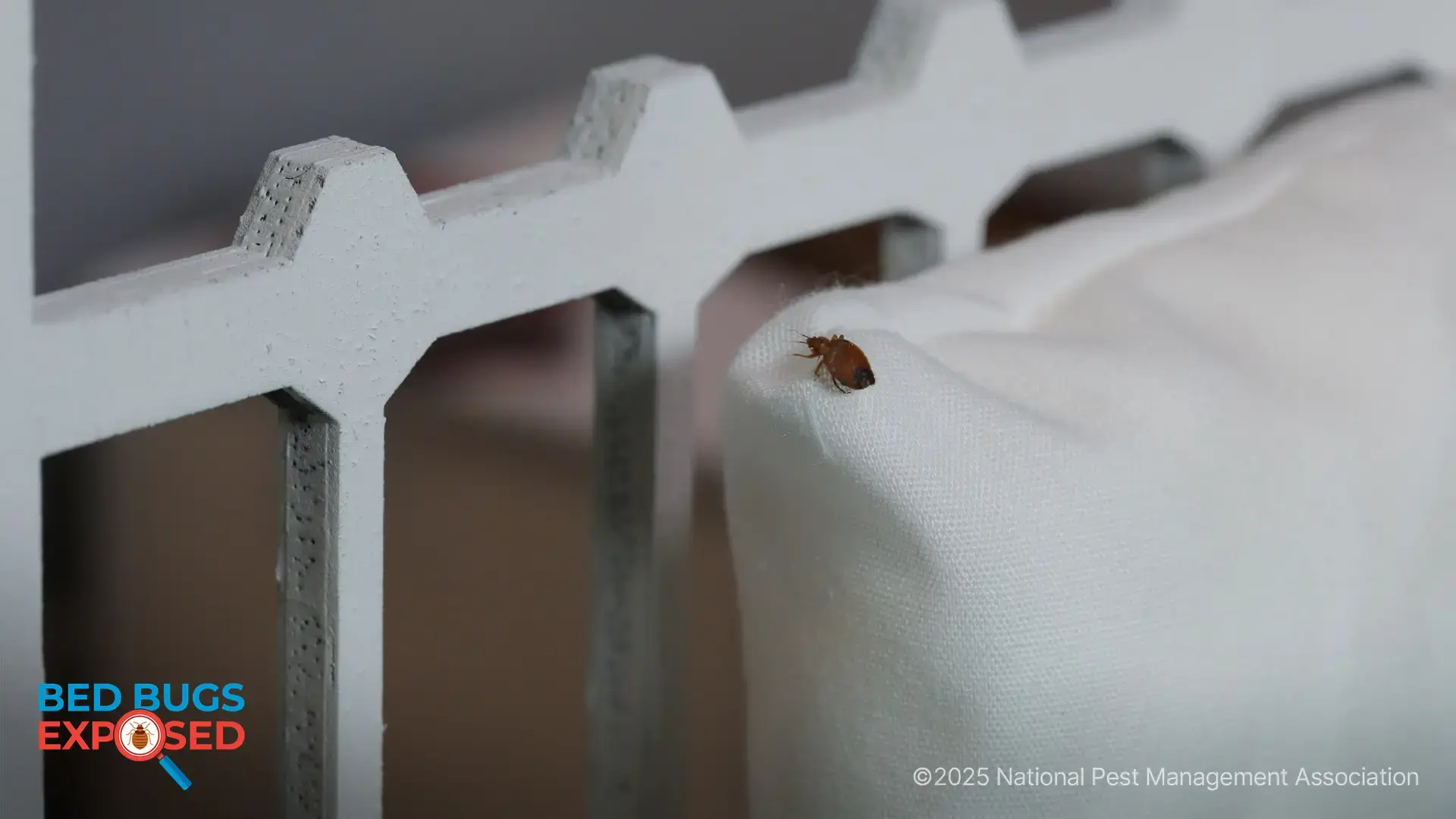Are House Spiders Dangerous?
Spiders have lived amongst humans for centuries. The common house spider is the spider most often encountered indoors and are likely to be found inside furniture, closets and structures like garages, sheds, barns and warehouses. Outdoors, these spiders are often around windows and under eaves, especially near light sources that attract prey. This species is found worldwide and is common throughout the United States and Canada.
Most have heard of black widow and brown recluse spiders, two very dangerous species, but are house spiders dangerous as well? If you are dealing with arachnophobia, then these arachnids may present a form of danger for you. But, in truth, house spiders are not dangerous to humans. House spiders are more of a nuisance pest, probably more because of their webs causing an area to look messy or cluttered. These spiders are not known to bite but may do so in threatening situations, such as when squeezed or crushed. While house spiders have venom in their fangs, if you are bitten, the venom of a black house spider is not poisonous, because it is too weak to be dangerous to humans.
While the venom from house spiders is not poisonous to your health if bitten, there are two species to be careful of if you encounter them in your home – black widow spiders and brown recluse spiders. Typically, these are timid, non-aggressive spiders, often found in dry, littered, undisturbed areas such as closets, woodpiles and under sinks. However, black widow and brown recluse spiders can cause serious harm when accidentally disturbed, as the venom from their bites is quite potent. If you suspect one of these spiders has bitten you, it is important to seek medical attention so that the doctors can determine the best course of treatment based on the species.
Other spiders that you may find in your home include wolf spiders, cellar spiders and jumping spiders. These species pose little to no threat to humans since their venom is not poisonous just like black house spiders.
Prevention Tips
To prevent encounters with house spiders in your home, NPMA (National Pest Management Association) recommends the following:
- Seal up cracks or crevices around the home using a silicone-based caulk.
- Keep garages, attics, and basements clean and clutter-free
- Shake out and inspect shoes and clothing before dressing and remove webs around the house.
- If you find a house spider inside, use a vacuum to remove adults, egg sacs and webs, as adult house spiders can usually escape if a broom is used.
- If you suspect a spider infestation in your home, contact a licensed pest control professional to handle the situation.
For more information on spider bites, symptoms and treatment, check out our health hub article here.

Learn About Rodents
Rodents invade millions of homes each winter. Learn more about them!

NPMA's Bug Barometer Forecast
The latest Bug Barometer® forecast from the National Pest Management Association reveals what homeowners across America can expect from pest activity this fall and winter.

NPMA's Bed Bugs Exposed Project
Check out NPMA's Bed Bugs Exposed project to learn more about this hitchhiking pest and how to prevent an infestation at home.
Find a PEST PRO in your area

Learn About Rodents
Rodents invade millions of homes each winter. Learn more about them!

NPMA's Bug Barometer Forecast
The latest Bug Barometer® forecast from the National Pest Management Association reveals what homeowners across America can expect from pest activity this fall and winter.

NPMA's Bed Bugs Exposed Project
Check out NPMA's Bed Bugs Exposed project to learn more about this hitchhiking pest and how to prevent an infestation at home.
